My story: www.science.org/content/arti...

My story: www.science.org/content/arti...
My story:
www.science.org/content/arti...

My story:
www.science.org/content/arti...
(The @pulitzercenter.org supported my trip; the amazing photos are from Marta Moreiras.)
www.trouw.nl/buitenland/i...

(The @pulitzercenter.org supported my trip; the amazing photos are from Marta Moreiras.)
www.trouw.nl/buitenland/i...
Thousands of these workers lost their jobs after the Trump administration cut #USAID funds.
@martinenserink.bsky.social & Marta Moreiras report for @science.org.
👉 bit.ly/4fC6Irs



Thousands of these workers lost their jobs after the Trump administration cut #USAID funds.
@martinenserink.bsky.social & Marta Moreiras report for @science.org.
👉 bit.ly/4fC6Irs
Story by @phiejacobs.bsky.social

Story by @phiejacobs.bsky.social

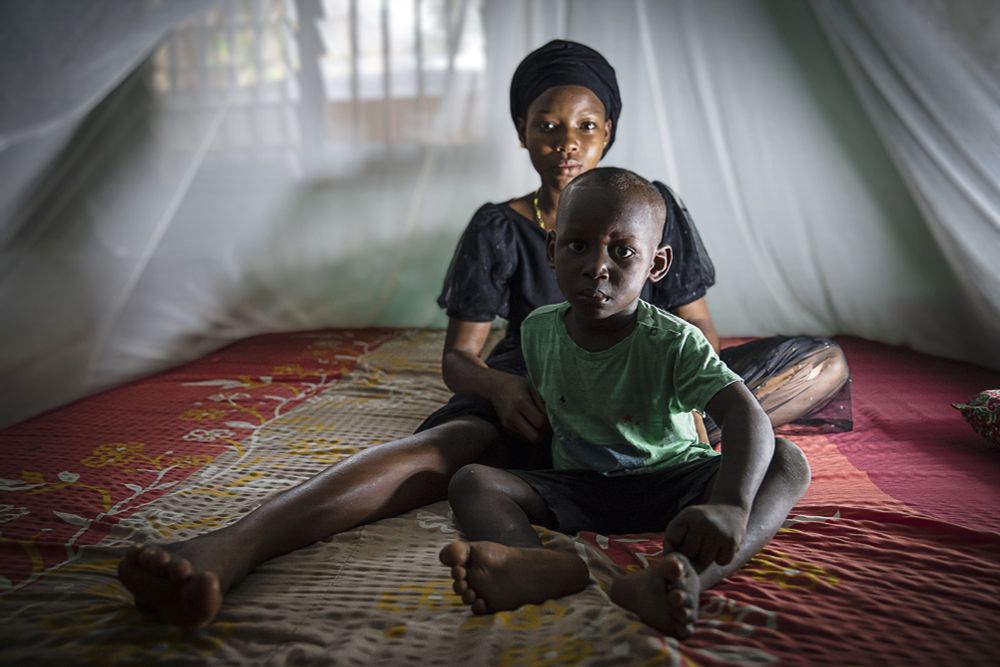
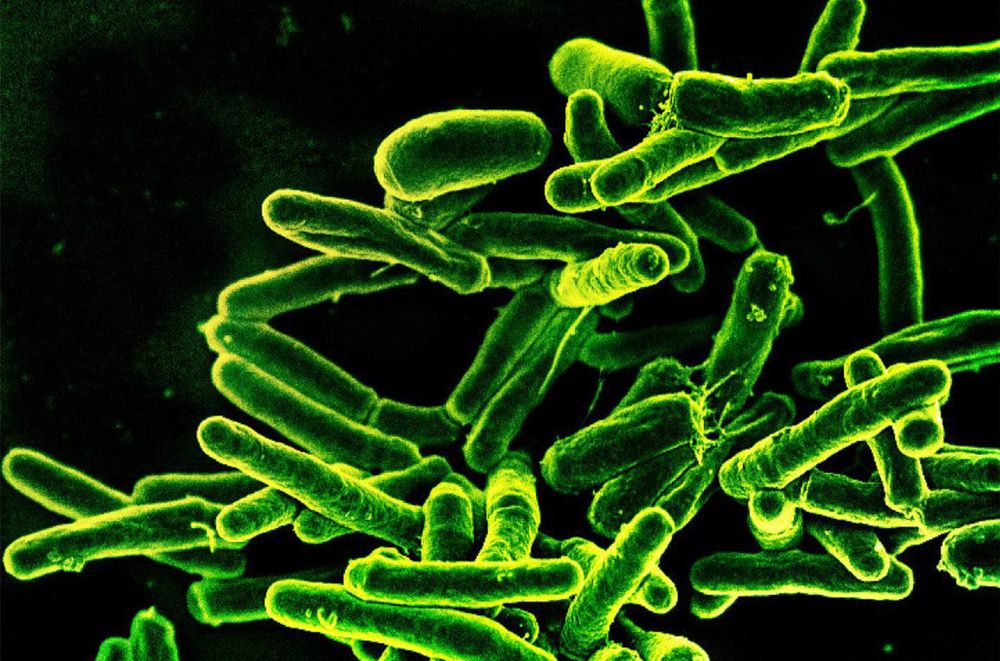
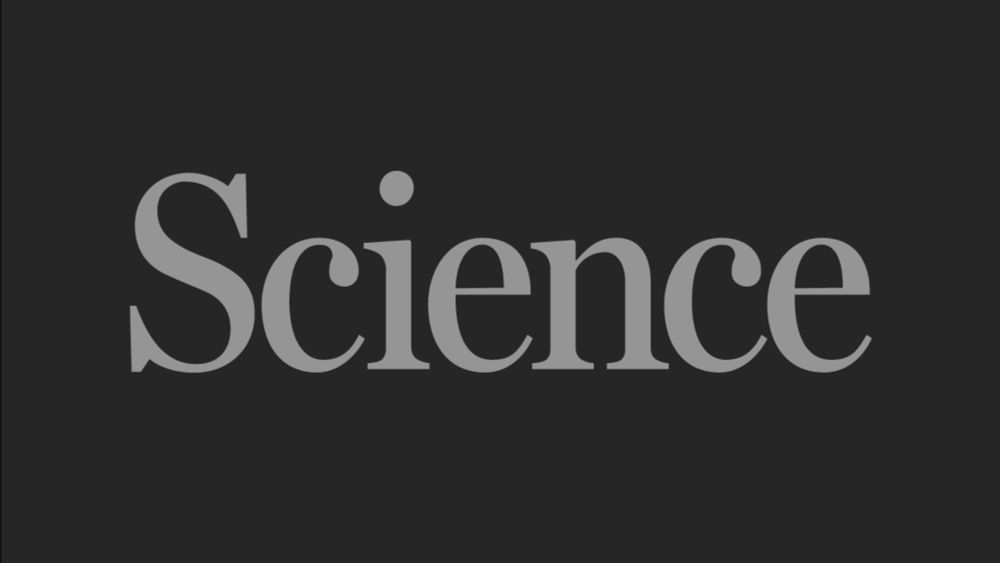
@meredithwadman.bsky.social and I looked at their publication records to find out. www.science.org/content/arti...
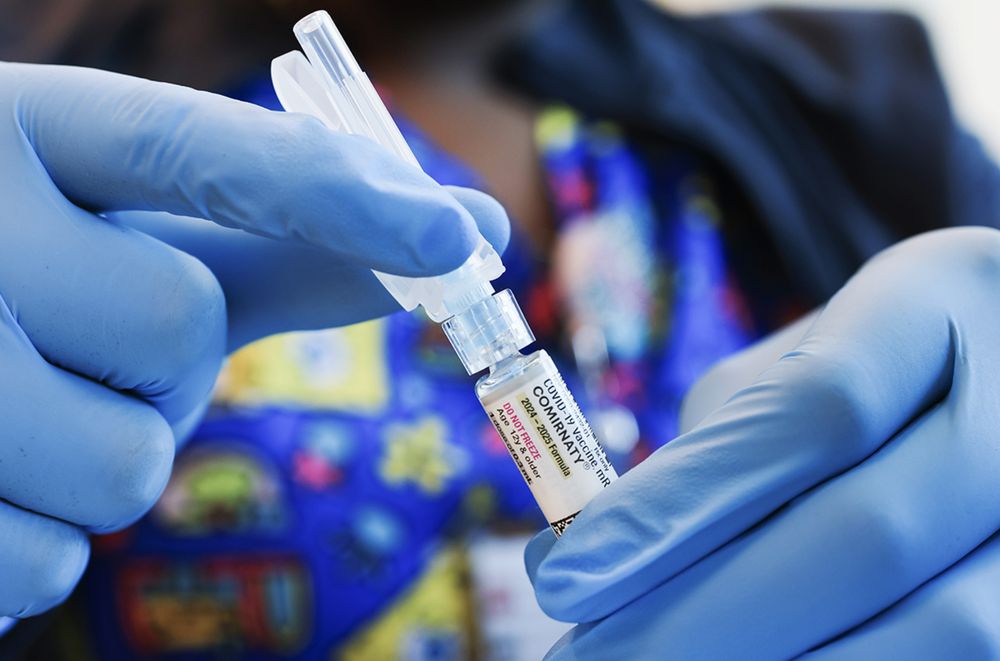
@meredithwadman.bsky.social and I looked at their publication records to find out. www.science.org/content/arti...
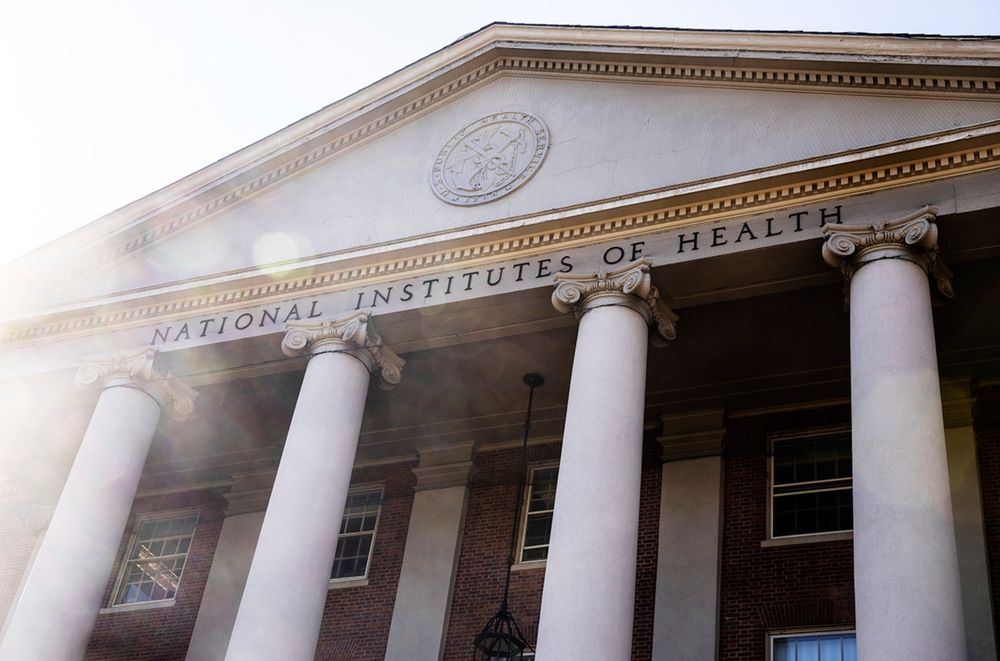




www.science.org/content/arti...
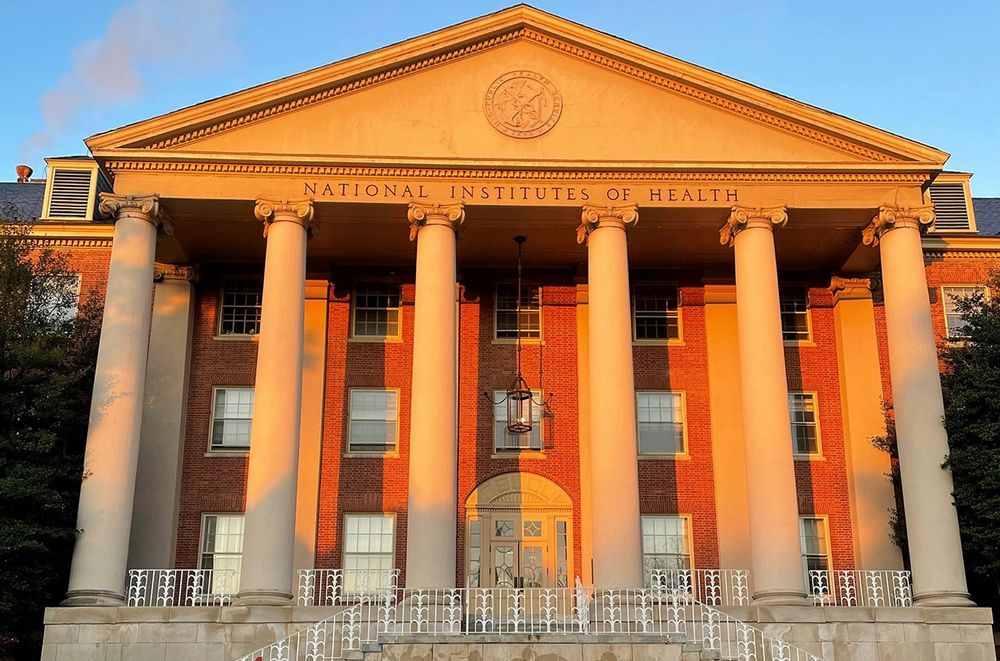
www.science.org/content/arti...
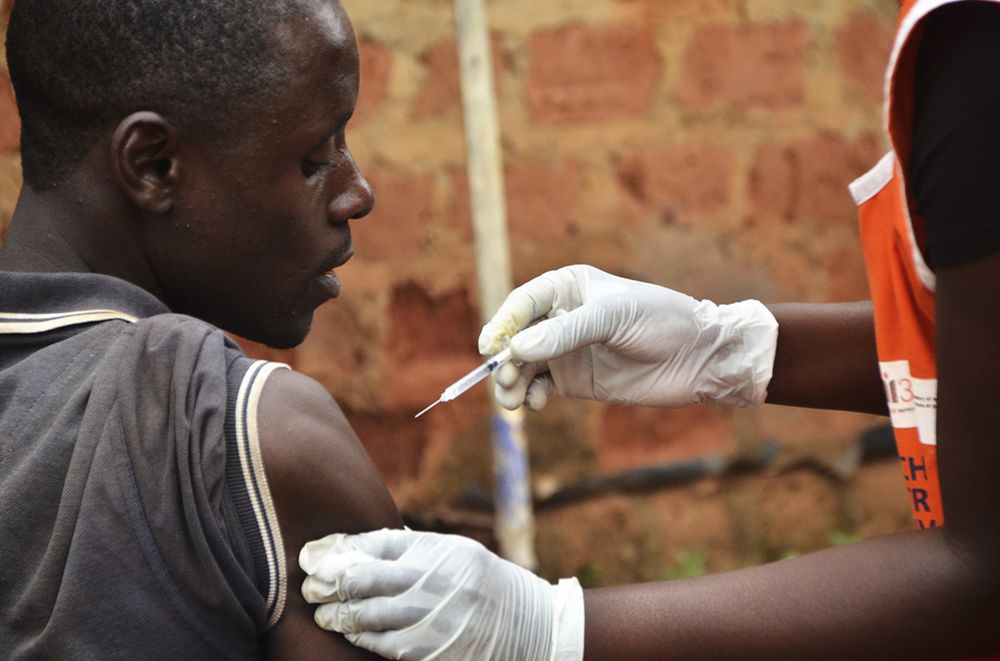

This story by @cohenjon.bsky.social is the first in a series about Trump cuts' effects on global health, funded by the @pulitzercenter.bsky.social.
www.science.org/content/arti...
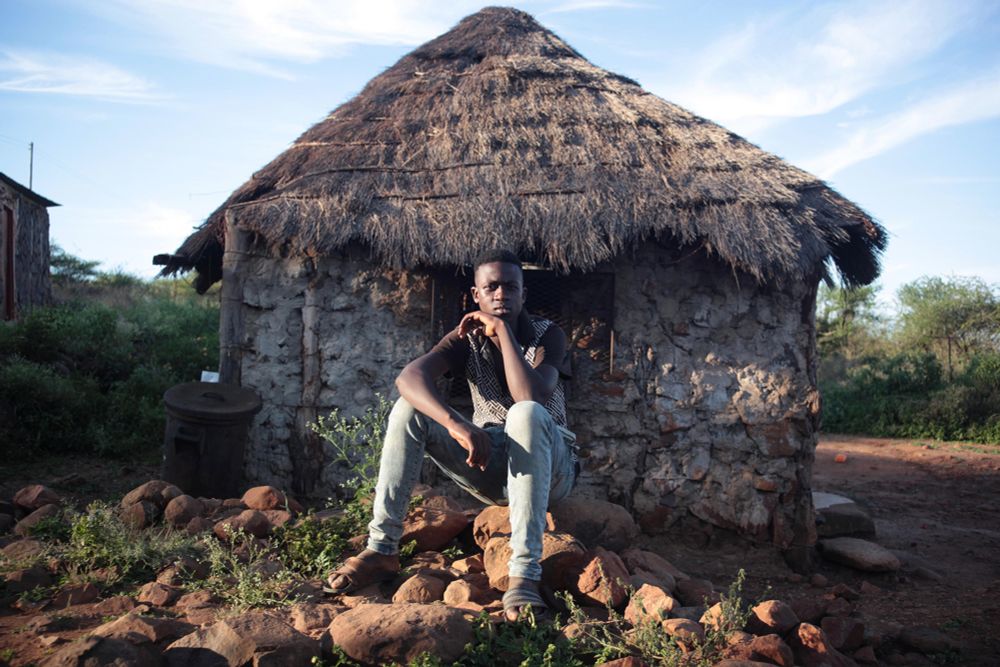
This story by @cohenjon.bsky.social is the first in a series about Trump cuts' effects on global health, funded by the @pulitzercenter.bsky.social.
www.science.org/content/arti...
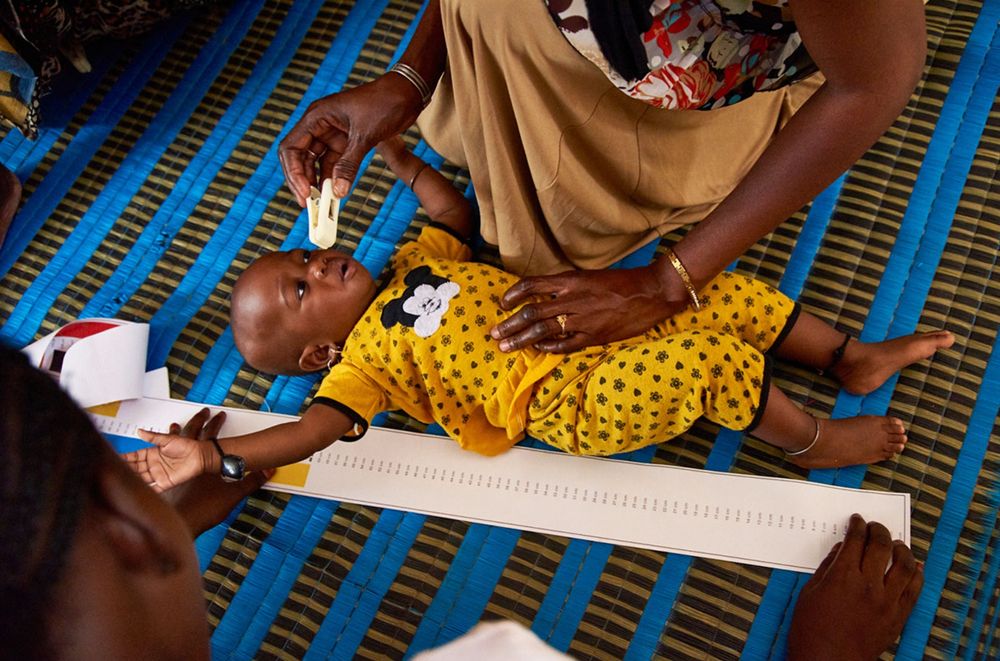
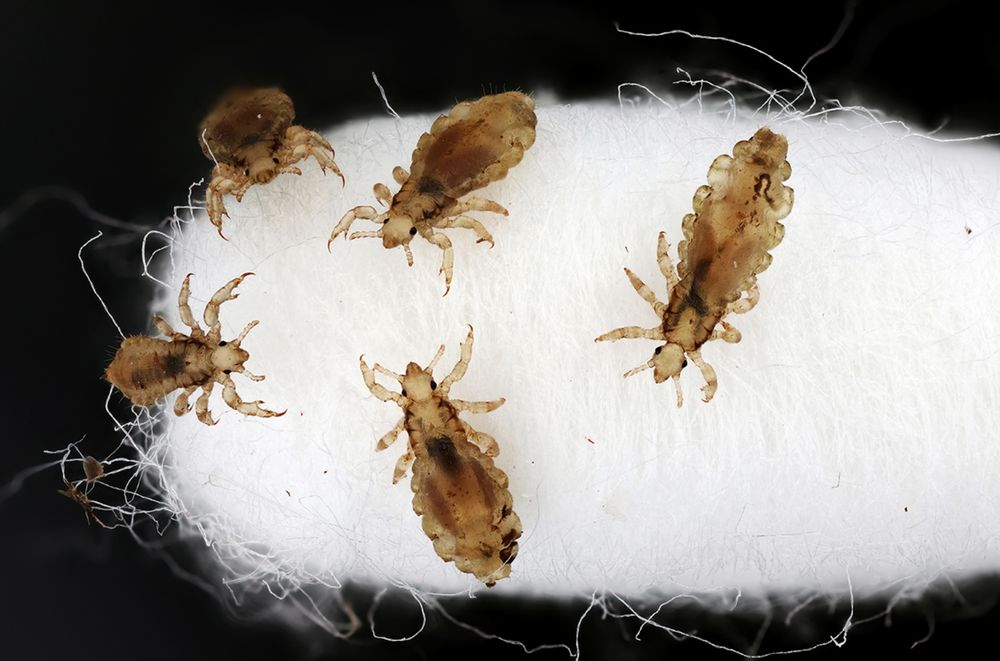
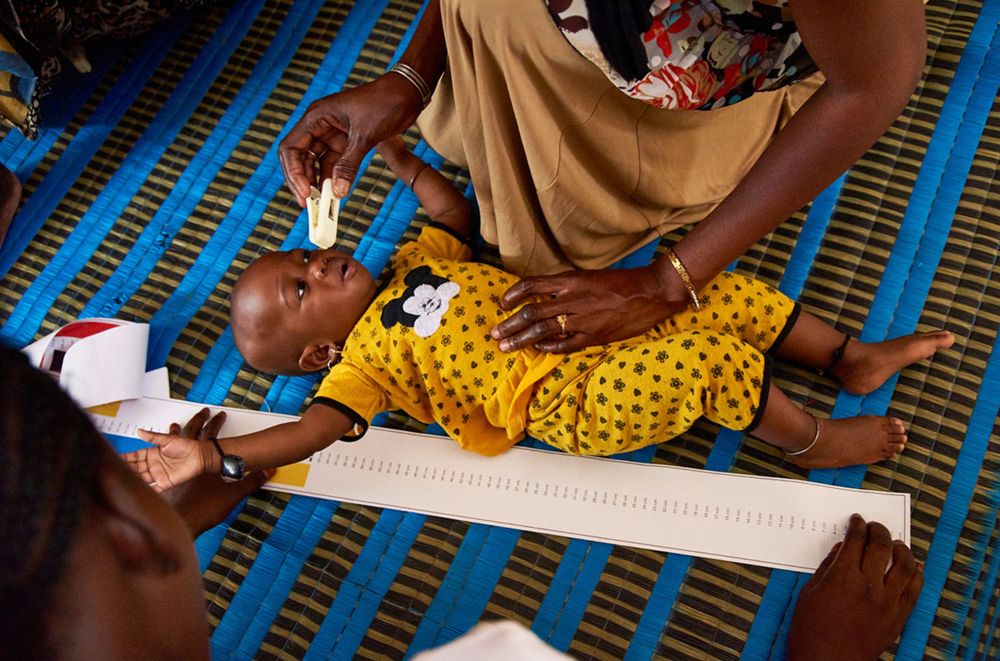
www.science.org/content/arti...
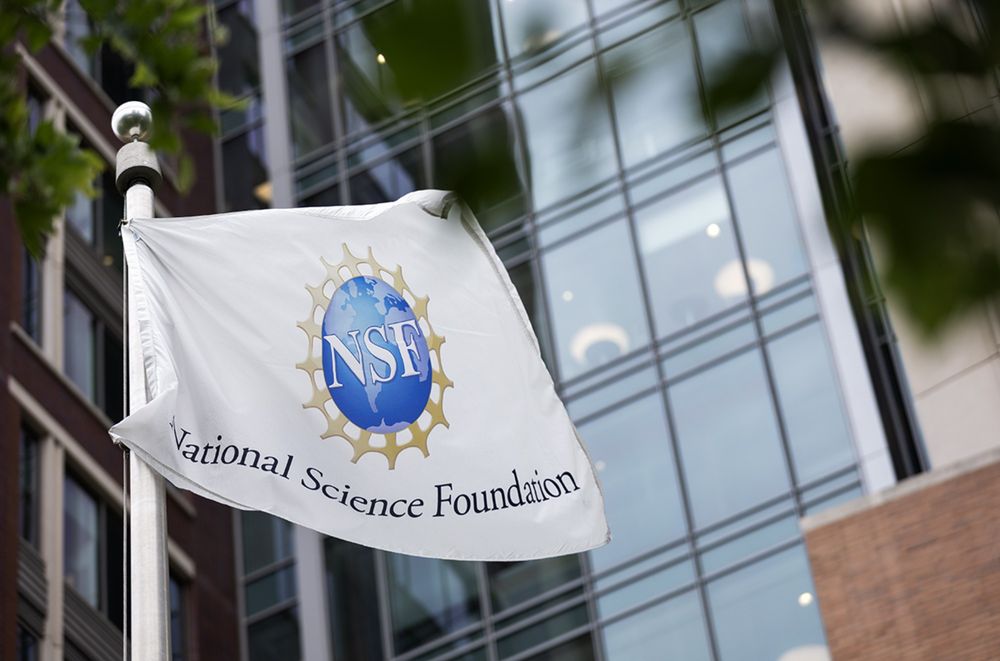
www.science.org/content/arti...



